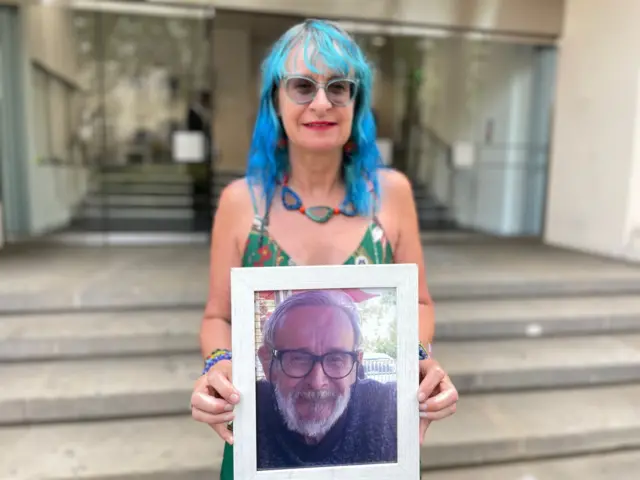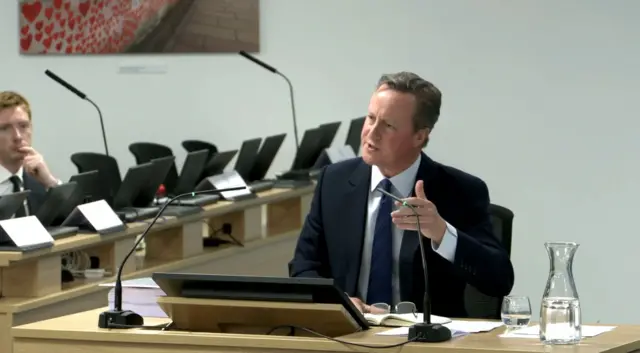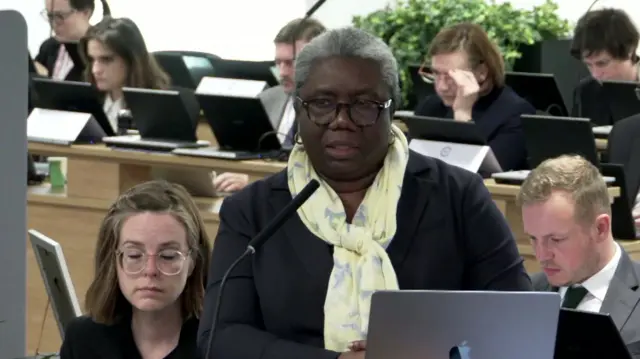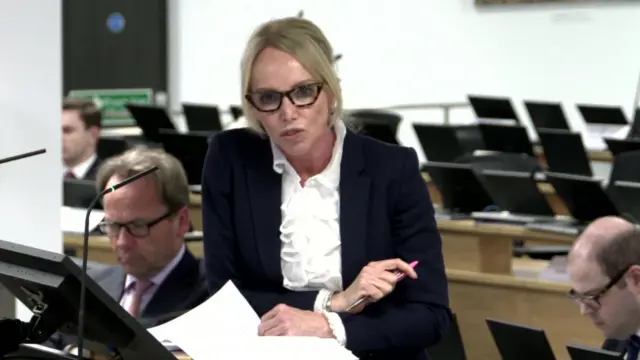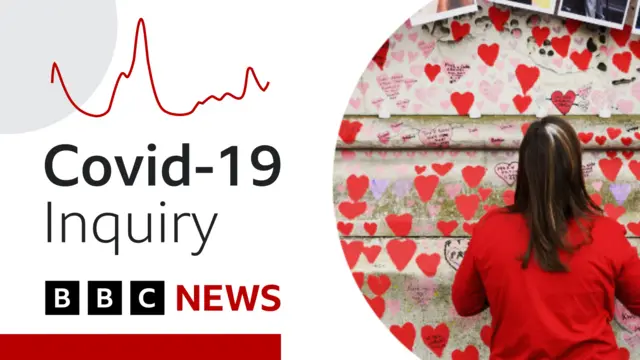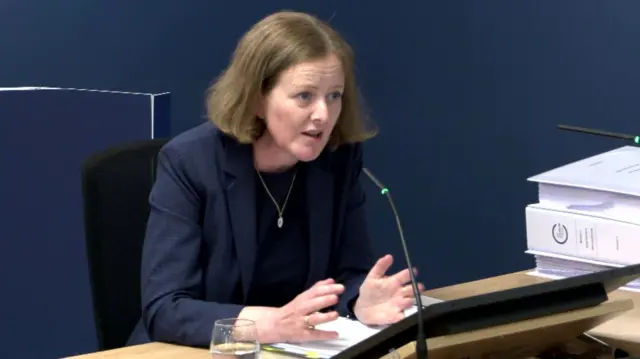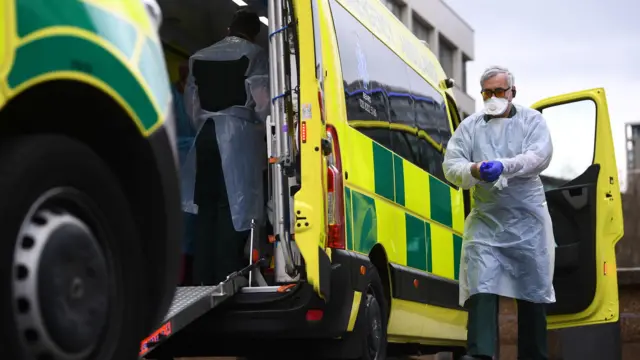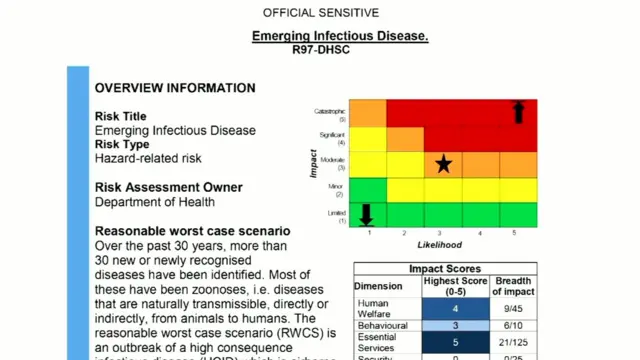Thank you - come back tomorrowpublished at 17:30 BST 19 June 2023
 James Harness
James Harness
Thank you for staying with us during today's session of the Covid Inquiry.
A high-profile witness was former Prime Minister David Cameron who said it was a "mistake" not to consider different types of diseases when preparing for future pandemics - read more here.
Inquiry proceedings resume tomorrow from 10:00.
But that's all from us, for now. Today's writers were Imogen James, Ben Morris, Thomas Mackintosh and Ece Goksedef.
The page was edited by me, James Harness.

